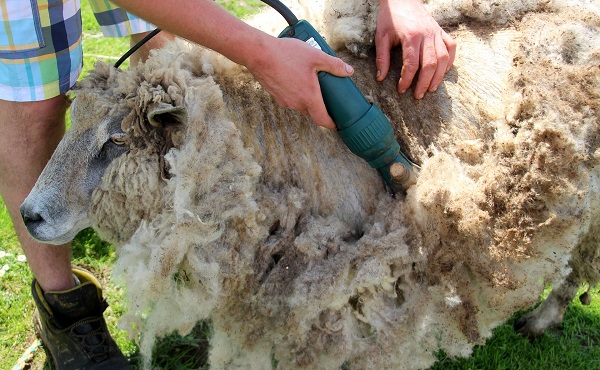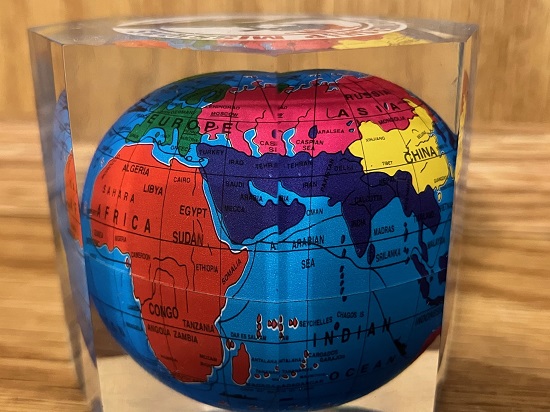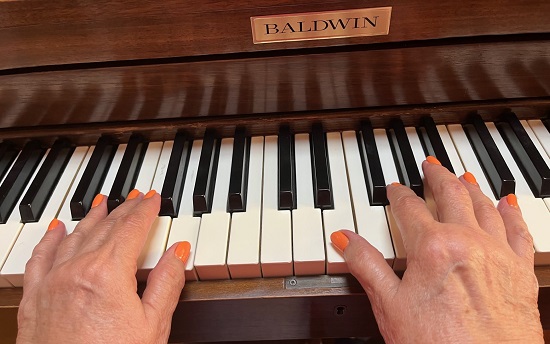Sleep Like a Log
 I rise early most mornings. However, caregiving, especially getting up several times a night, occasionally wears me down. If I become extremely tired and have few interruptions, I sleep like a log.
I rise early most mornings. However, caregiving, especially getting up several times a night, occasionally wears me down. If I become extremely tired and have few interruptions, I sleep like a log.
Recently, after days of meeting myself coming and going, I slept almost two hours past my usual wakeup. I felt wonderful! A good night’s sleep solves a lot of life’s woes!
To sleep like a log means a deep, restful sleep.
Similar expressions include sleep like a:
- Baby
- Top
- Rock
All mean to sleep:
- Well
- Soundly
- Without waking
To sleep like a log can be dangerous.
Although we want to sleep soundly, we can overdo it. A friend in college slept so well that other people in his dorm had to wake him when his alarm went off. I once slept through a tornado warning. Someone finally realized I was missing and woke me.
Several steps help achieve a good night’s rest.
- Go to bed and get up about the same time every day.
- Keep the room free of distractions.
- Maintain a regular pre-sleep routine.
- Eliminate screen time an hour or more before going to bed.
God gave us the gift of sleep. Let’s make the most of it.
“In peace I will lie down and sleep, for you alone, Lord, make me dwell in safety” (Psalm 4:8 NIV).
Thanks to Joanne Viola for the suggestion.
Do you have an expression you want explained or a thought about this one? If so, please comment below.
Subscribe to receive my weekly posts by email and receive a free copy of “Words of Hope for Days that Hurt.”
If you enjoyed this post, please share it with your friends.








